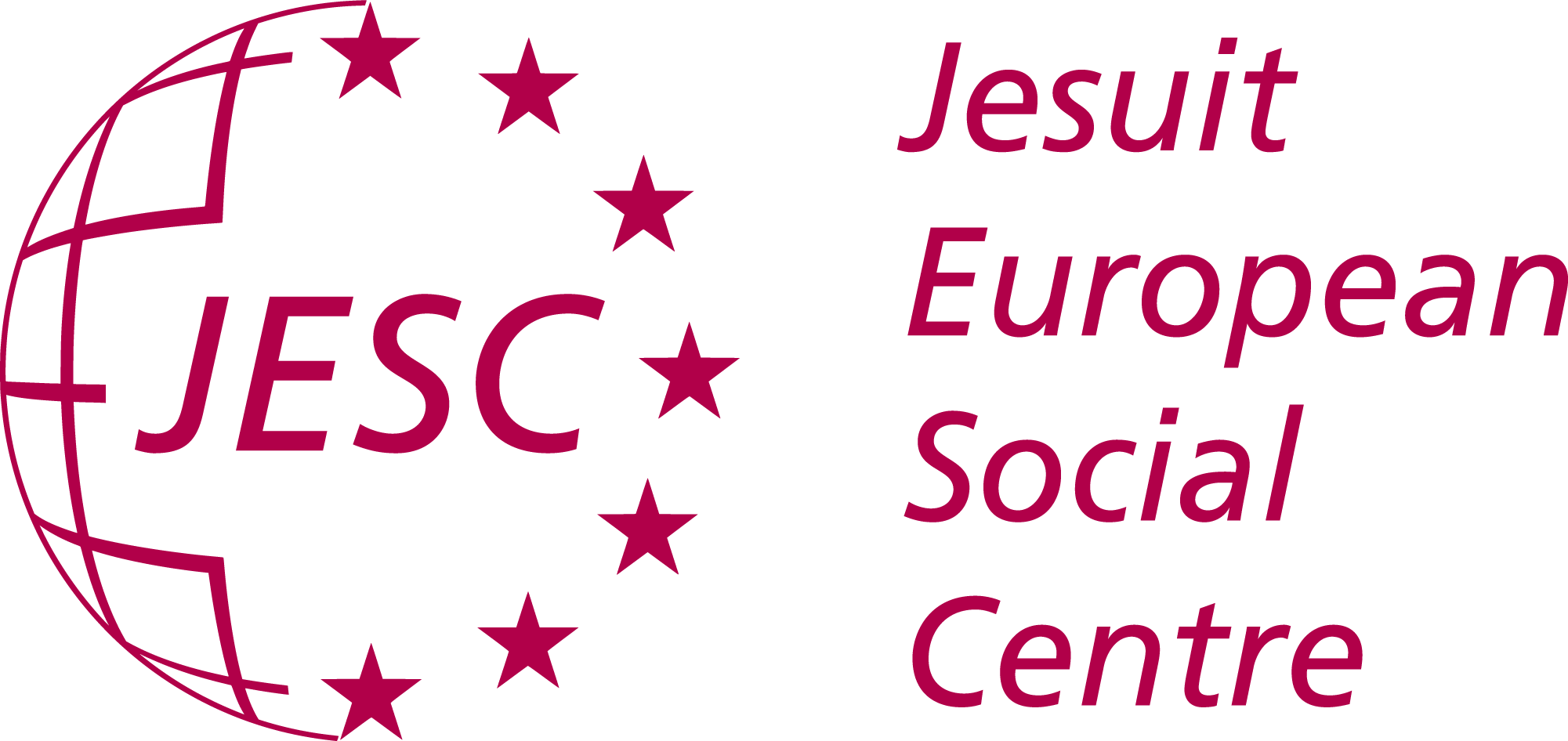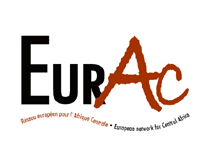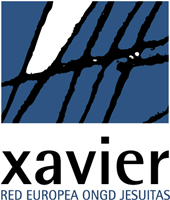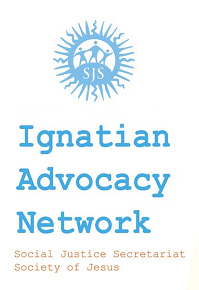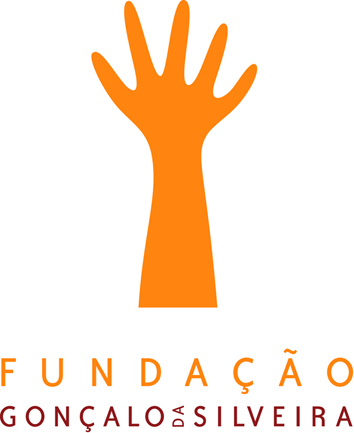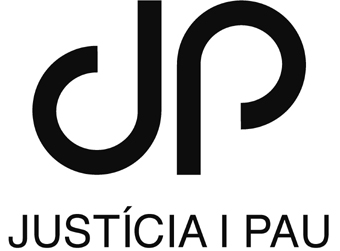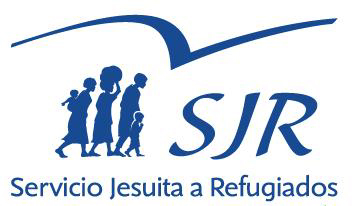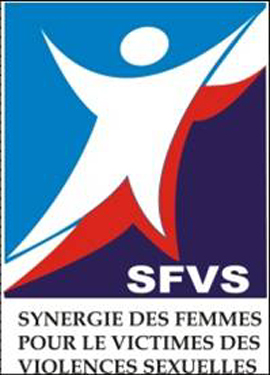- What is Conflict-free Technology?
- What is happening in the Congo?
- Regulating the trade of conflict minerals
- More about conflict minerals
- Allied organizations
What is Conflict-free Technology?
Conflict-free technology is a campaign launched by the Spanish NGO, ALBOAN,to draw attention to the connection between mobile phones, tablets and computers and the war in the eastern Democratic Republic of the Congo (DRC).
At the same time it raises proposals for collaboration can do can help to end the violence.
- Sign for mineral trade fair. We are collecting signatures because we want a European directive that will effectively prevent the international minerals trade from fuelling armed conflicts. Leave us your email and we will keep you informed about all news.
What is happening in the Congo?
The DRC, particularly the eastern part of the country, is one of the world’s richest mining regions. It contains 80% of the world’s reserves of coltan, a mineral without which the information and communication technology revolution, especially mobile phones, would not have been possible.
In addition to coltan, there are three other key minerals which are essential to information technology: gold, tungsten and tin. They are the so called “conflict minerals” or more crudely “blood minerals”.
Their extraction, processing and sale is controlled by armed groups which have made the Congo a living hell, with a death toll of over five million since 1998. Fighting forced one million people from their homes in 2013 alone. Rape is used as a weapon of war – over 100,000 women are raped each year.
These “blood-tainted” minerals are hidden in our mobile phones. This means that when we buy a mobile phone, we may be channelling money to the armed groups responsible for so much suffering and reinforcing their control over the mines and the exploitation of the people who work in them.
At ALBOAN, we want to build massive public support for our campaign, mobilising people to sign our petition to persuade our political representatives and companies to regulate.
And at the same time needing help to support projects that improve the lives of people displaced from their homes by armed conflict.
We want a conflict-free technology. You join?
Regulating the trade of conflict minerals.
The strain on natural resources has been increasing over the past few decades due to economic globalisation and the growing levels of consumption across the globe. The fight to take control of these resources in politically unstable zones such as Colombia, Honduras and the Democratic Republic of Congo mean the local population’s human rights are violated more frequently.
ALBOAN, together with other organisations in civil society coordinated in international networks, has been demanding the regulation of mineral trade in conflict zones. At present, there are some international regulations that put forward ethical principles for improving companies’ transparency and accountability. Our challenge is to turn these principles of voluntary compliance into mandatory laws.
What do international regulations say?
The United Nations
In order to put an end to this situation, in 2011 the United Nations approved the Guiding Principles on Business and Human Rights, which establishes:
- States’ DUTY to PROTECT human rights within their jurisdiction.
- The corporate RESPONSIBILITY to RESPECT human rights throughout all operations.
- The NEED for better access to REMEDY business-related human rights abuses.
This involves a global reference framework that defines collective responsibilities to “protect, respect and remedy” human rights. The main innovation in this scheme comes from the fact that it is the first time that companies, and not solely States or the international community, are bound to obligations and responsibilities regarding human rights.
The main issue with the framework of the Guiding Principles, however, is its lack of effectiveness. Underpinned by a voluntary concept of corporate responsibility, it is the companies themselves that decide when and how to exercise their responsibility in relation to human rights. Meanwhile, human-rights violations and crimes linked to commercial activities and the opacity of supply chains have continued to occur.
This has driven the Conflict-Free Technology campaign’s decision to join the Global Alliance to ask the United Nations for a binding treaty on business and human rights. The movement has a number of aims: to put an end to the impunity of large transnational corporations, to provide access to reparation and justice for the victims of human rights abuses directly resulting from or related to the activities of some transnational corporations and, finally, to promote the transparency and due diligence of global supply chains. We explain more about the movement here.
The OCDE Due Diligence Guide
The OECD Due Diligence Guidance for Responsible Supply Chains of Minerals in Conflict-Affected and High-Risk Areas is the first example of a government-backed and multi-stakeholder initiative on responsible supply-chain management of minerals from conflict-affected areas. The Guide urges companies to take a series of steps to improve the transparency of their mineral supply chains [link to infographic]. It focuses on four specific minerals: tin, tantalum, tungsten and gold, although the recommendations can also be applied to other minerals that are extracted in Conflict-Affected Areas (e.g., cobalt).
How do these regulations become laws?
In the USA ☺
In the USA in 2010, the Wall Street Reform Act, also known as the Dodd-Frank Law, was approved. It contains Section 1502, which regulates the trade of the four minerals referred to in the OECD guidance (tantalum, tin, wolfram and gold). The geographical scope of the law is restricted to the trade of these four minerals from the Democratic Republic of Congo (DRC) and its neighbouring countries; however, it is mandatory for all US companies that employ these minerals and trade on the stock market.
The Dodd-Frank has had a positive impact in a number of ways. Firstly, because it has raised awareness of the links that exist between conflicts and mineral exploitation. Secondly, because it has shown that companies can make reasonable efforts to improve transparency in their supply chain – that said, as certain reports have highlighted, there is still a long way to go [link to the Amnesty and Global Witness report https://goo.gl/DH13le]. And finally because in the field it hinders the funding of armed groups through mining operations.
In 2010 the US Congress passed a law, the Dodd-Frank Wall Street and Consumer Protection Act. Section 1502 of the ‘Dodd-Frank’, as it is known, focuses on just four conflict minerals: tantalum (derived from coltan), tungsten or wolfram, tin and gold, and on a single geographical region, the eastern Democratic Republic of the Congo (DRC). Under this law, US companies are obliged to investigate their supply chain and report whether they use minerals from the Democratic Republic of the Congo (DRC) or neighbouring countries.
The Dodd-Frank has had a positive impact in a number of ways. Firstly, because it has raised awareness of the links that exist between conflicts and mineral exploitation. Secondly, because it has shown that companies can make reasonable efforts to improve transparency in their supply chain – that said, as certain reports have highlighted, there is still a long way to go [link to the Amnesty and Global Witness report]. And finally because in the field it hinders the funding of armed groups through mining operations.
In Europe ☹
After three years of intense negotiations, in March 2017 the European Union approved Regulation 2017/821 on the responsible sourcing of conflict minerals. It covers the same minerals as United States law (i.e., the so-called “3TG”: tin, tantalum, tungsten and gold), but on a global scale: the regulation will affect minerals from any conflict-afflicted area, not only of those sourced from the Africa’s Great Lakes region. This is a milestone because there are many other conflict-affected regions in countries like Colombia, Afghanistan, Myanmar and Honduras, where the extraction of minerals is linked to the funding of armed groups and organized crime.
The counterpoint to this good news is that the European regulation will affect only direct mineral importers. That is, the regulation will not cover companies that import electronic components and devices like computers, mobiles, tablets, etc., that are manufactured with these minerals.
Which is why it is necessary to continue gathering support to ask companies to join responsible supply initiatives, to ask the EU to implement the necessary legislation and accompanying measures to improve its impact on the ground, and to ask public administrations to introduce responsible contracting standards in their purchasing of electronic devices.
Sign and share our request for conflict-free technology.
Civil society in alliance with ALBOAN ☺
European civil society organisations have responded to the draft EU legislation by urging governments, members of the European Parliament and the European Commission to make the regulation mandatory, obliging companies by law to ensure that their products are conflict-free. In the coming months, they will be seeking support and collecting signatures for their petition to persuade their political representatives to strengthen the proposed regulations. At stake on the success this campaign are the lives and livelihoods of the people of eastern DRC.
Now you can sign against illegal mining for conflict-free technology.
Other ways of collaborating:
- Sharing and disseminating the campaign on social media accounts (links to networks).
- Join the campaign for the collection and recycling of mobile phones (link to Mobiles for the Congo).
- Raising funds to support Humanitarian Action projects in the region that help displaced people and refugees fleeing the conflict in DR Congo (links to fundraising pages).
- If you are an educator, enhance your training by taking the campaign to your group or education centre and familiarise yourself with our education materials (link to education materials).
More about conflict minerals
Breaking the links between natural resources and conflict: The case for EU regulation – the civil society viewpoint. If you want learn more about conflict minerals Breaking the links between natural resources and conflict: The case for EU regulation.28 European and global non-government organisations are urging the European Commission to adopt legislation that requires European businesses to manage their supply chains with due diligence, in order to ensure their involvement in the production of or trade in minerals is not fuelling conflict or human rights violations.
This legislation should, at least, comply with international norms agreed by the United Nations and the Organisation for Economic Cooperation and Development, and should also incorporate the principles of the European Union’s Corporate Social Responsibility strategy.

